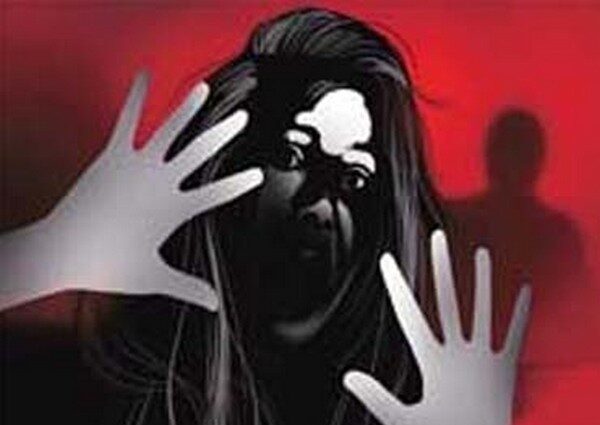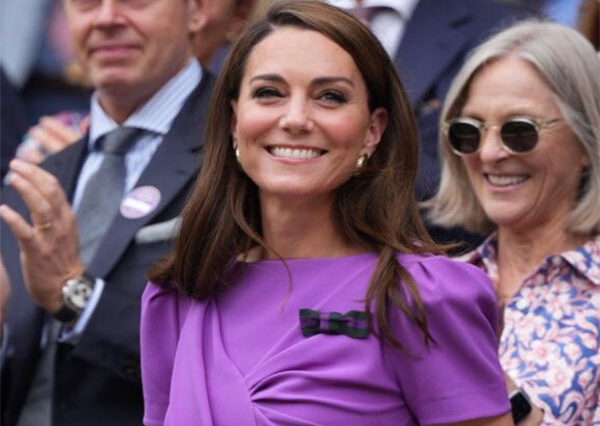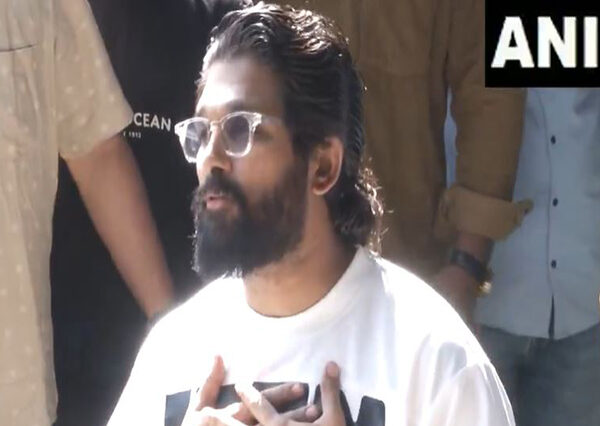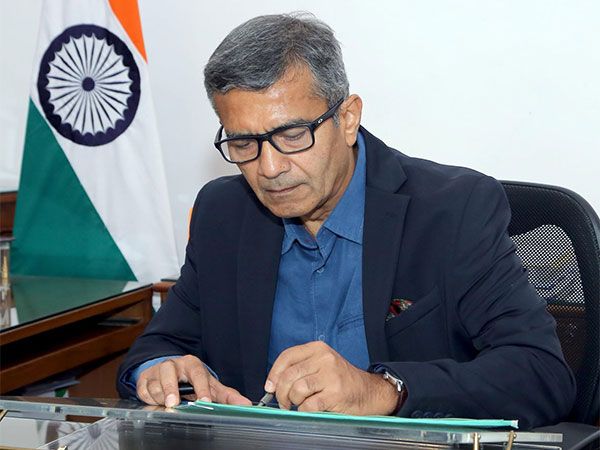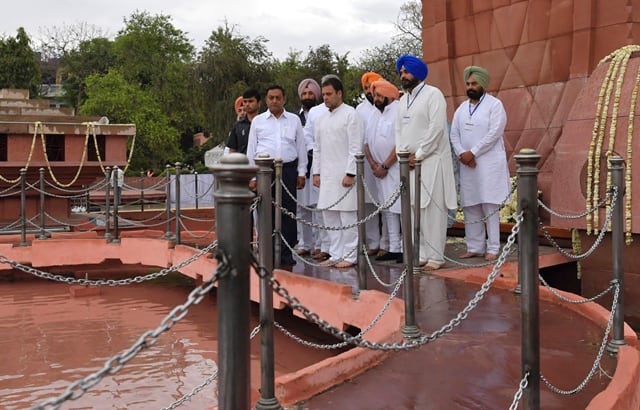
UK Envoy ‘Regrets’ Jallianwala Carnage
“The event of Jallianwala Bagh 100 years ago today reflects a shameful act in British-India history. We deeply regret what happened and the suffering caused. I am pleased today that the UK and India have and remain committed to developing further a thriving 21st Century partnership,” Asquith wrote in the visitor’s book at the memorial.
British High Commission in India also expressed “deep sorrow” at the loss of lives in the 100-year-old massacre.
ALSO READ: Will An Apology 100 Years Late Help?
“Today we remember with deep sorrow those who were killed on 13 April 1919 and regret the suffering caused,” read a tweet on its official page.
The Jallianwala Bagh massacre took place on 13 April 1919 when troops of the British Indian Army under the command of Colonel Reginald Dyer fired machine guns into a crowd of unarmed protesters, along with pilgrims who had gathered in Jallianwala Bagh on the occasion of Baishakhi.
The British government revealed that 379 people died and 1,200 were wounded. Other sources, however, place the number of dead at well over 1,000.
British Prime Minister Theresa May on Wednesday said the UK “deeply regrets” the 1919 massacre and called it a “shameful scar” on the British-Indian history.
“The tragedy of Jallianwalla Bagh in 1919 is a shameful scar on the British-Indian history. As her Majesty, the Queen said before visiting Jallianwala Bagh 1997, it is a distressing example of our past history with India. We deeply regret what happened and the suffering caused,” May said at the British Parliament. (ANI)
